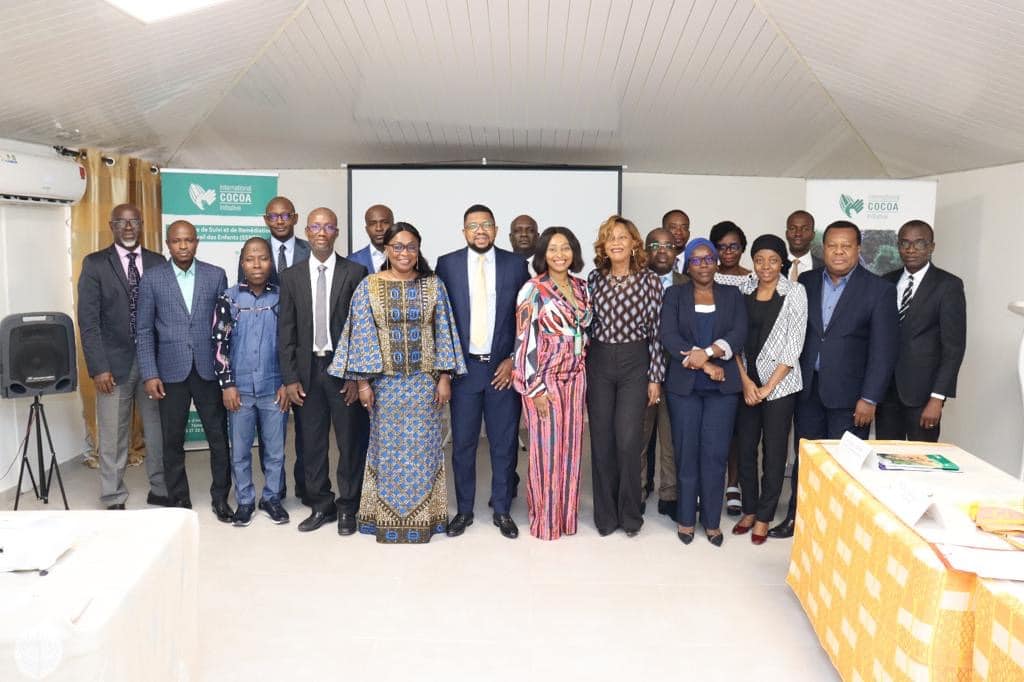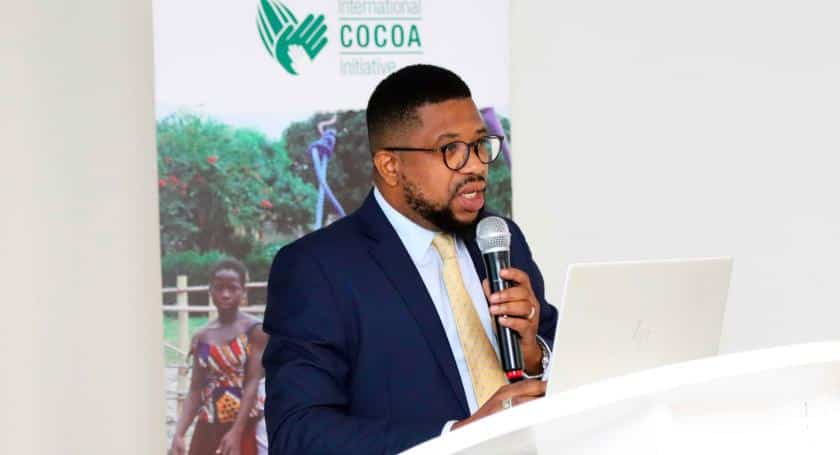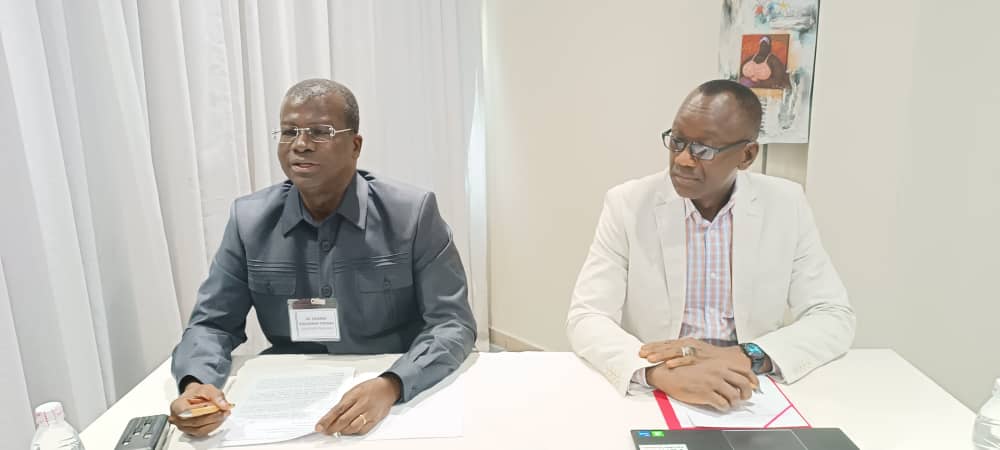
On July 19, Verité and the International Cocoa Initiative kicked off a forced labor indicators training for human rights advisors of the National Council of Human Rights (Conseil Nacional des Droits de l’Homme— CNDH), an independent body that is tasked with ensuring the Côte d’Ivoire government’s adherence to all international treaties and cooperation agreements that the government has signed. Concrete knowledge of forced labor indicators converts a once vague concept into tangible examples, contexts, and situations of human trafficking. Furthermore, forced labor training highlights the necessity to spread forced labor identification efforts to all economic sectors, especially in construction, domestic work, and agricultural production beyond cocoa. As a part of the same ICI-Verité-ICI training initiative, Verité will continue the forced labor indicators training in August with the World of Work group, which comprises the most important labor unions and private sector employers in Côte d’Ivoire.

Verité’s FLIP project manager Brahima Bamba introduces the forced labor indicators training with the Conseil Nacional des Droits de l’Homme in Côte d’Ivoire (Photo credit: International Cocoa Initiative)
Forced labor is a sensitive issue in Côte d’Ivoire. On the one hand, forced labor has been largely conflated with child labor for years. Government and international development initiatives in Côte d’Ivoire have concentrated efforts to uproot child labor to meet international standards and regulations, yet forced labor is still a fairly unknown concept.
Through the Forced Labor Indicators Project (FLIP), Verité’s approach to engaging the most important labor rights stakeholders in government, the private sector, and civil society has been to focus on the prevention of forced labor risks and adherence to international treaties and legislation that directly impacts the country’s exports and economic development. This approach has led to greater buy-in and commitment from the government.

Thomas Camara (left), President of the Ivorian Parliament’s External Relations Committee gives closing remarks at a Verité-led forced labor indicators training in Côte d’Ivoire
The President of the Ivorian Parliament’s External Relations Committee, former minister Thomas Camara, reiterated his commitment to addressing forced labor and human trafficking in a speech to close a FLIP training with government officials in June. He affirmed, “it is up to us to reach out to people to inform and explain the various implications of forced labor and human trafficking in our communities. Such an approach… will enable us to gather their points of view and their concerns so that we can consider them when adopting legislative measures relating to forced labor and human trafficking.”
About the Project
With support from the U.S. Department of Labor, the Forced Labor Indicators Project (FLIP) works with government, private sector, trade union, and civil society stakeholders to combat the risk of forced labor of adults and children in Ghana and Côte d’Ivoire.
For open-source learning courses, project news, and other resources related to the FLIP project, visit the FLIP webpage here.